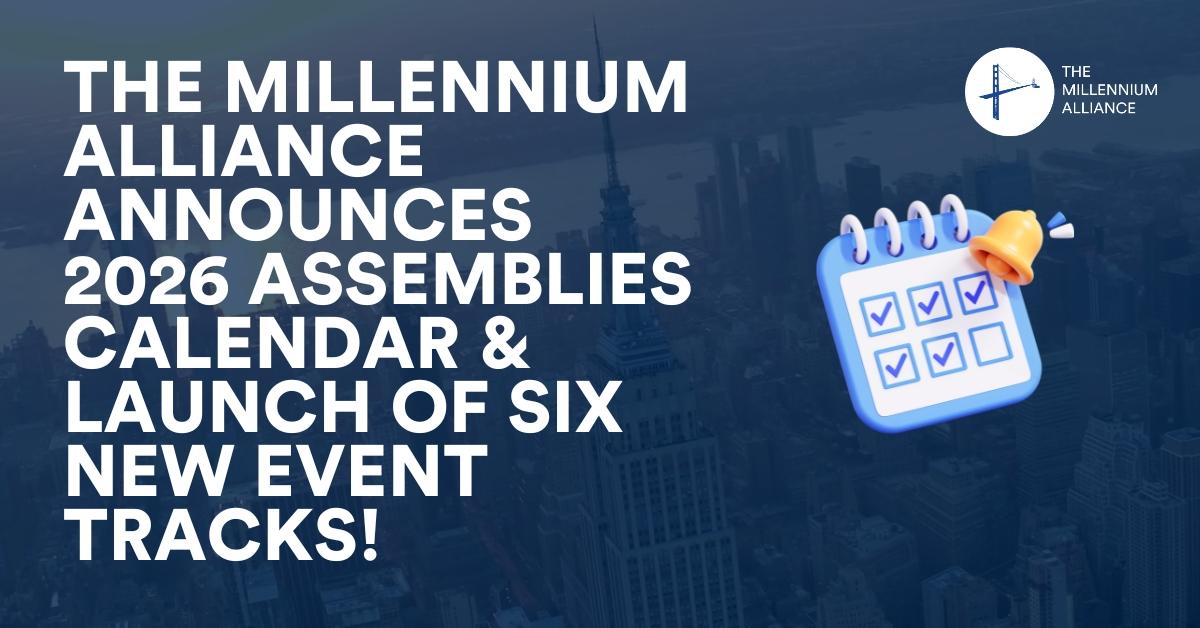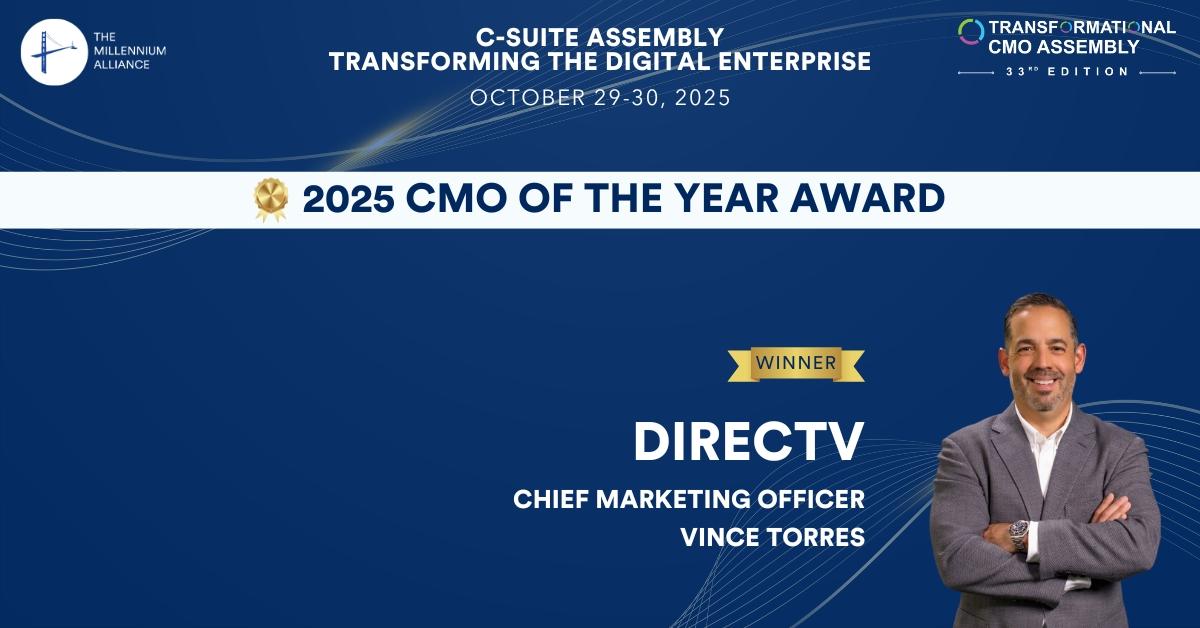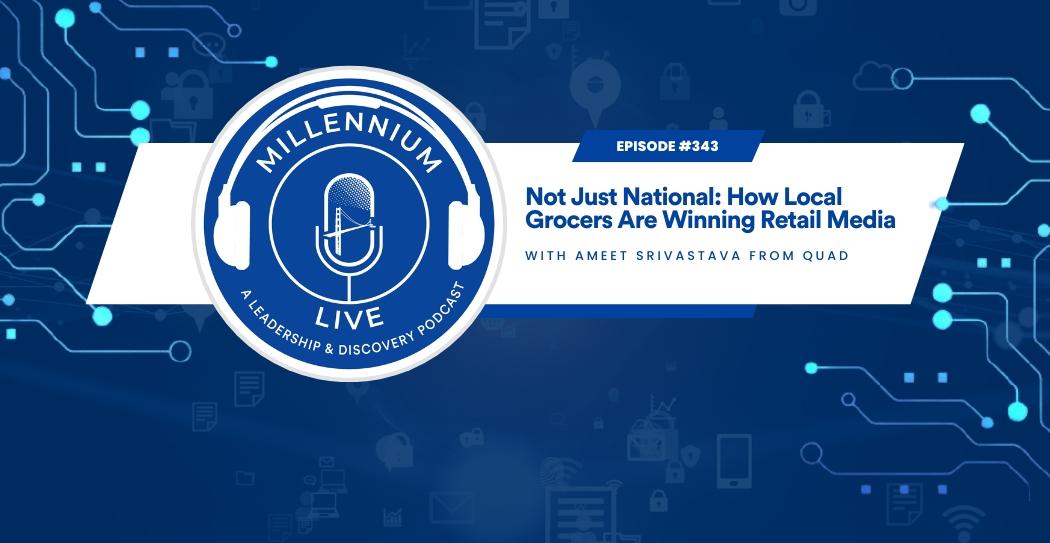As originally published by David Sable on Linkedin. Subscribe to the newsletter!
Samuel Clemens, better known as Mark Twain, (who also happens to be one of my favorite authors and philosophers) once said, “Write what you know.”
I have always taken that admonition to heart, oftentimes resisting the deep urge I feel to write about politics, social upheaval, or cultural trends—all things I am passionate about, have sharp points of view regarding and read and listen and study about insistently, but in which I lack the official credentials of “expert.” Indeed, I have no PhD in those areas, nor have I ever been a politician or social scientist (although my father was both).
Having said that, I think some of my readers might object if I didn’t admit to often touching on those subjects, and even diving into them from time to time. Yet, a crucial point to note is that I don’t opine on those topics as a political commentator or a social critic or even as cultural zeitgeister (as much as I’d like to). I write from the perspective I know and have lived—that of marketing and communications…and what doesn’t touch, intertwine or intersect those two giant, global aggregators of just about everything we know and do in our world?
Politics, social trends and movements and culture all impact our lives and are marketed and communicated to us themselves, and often together with the goods and services that commercial brands try to sell us.
There are so many examples to cite, but to keep it near and dear, just look at the marketing bandwagon hitched to COVID-19 and BLM, replete with everything from insurance to beverages and just about all in between.
And while, many made fun of our current rush to hitch advertising wagons to powerful movements (see Pepsi’s 2017 ad featuring Kendall Jenner), it wasn’t always so. Yet, historic brands like Virginia Slims, long ago, tapped into the Holy Trinity of politics, social and culture (despite the health issues), while more recently, CVS tapped into the same trinity years later and stopped selling cigarettes because of the health issues. In another interesting marketing contrast, take a look at Heineken’s “World Apart” ad, also from 2017. It’s success (or lack of success—depends on your view) may surprise you.
There are so many more examples like this, but in the interest of time and word count, I leave them to you to find and explore. What I am more interested, beyond simply the “success” or “failure” of an actual ad campaign are the “Trinity Moments” themselves. How they communicate and market their ideas, ideals and thoughts. How they influence people beyond their “energized core” and enter the mainstream, where some believe the real victory is to be found. That is, in the hearts and minds of the masses.
One can extract a fascinating marketing lesson from the events of the last few months in the U.S. It is a marketing lesson in how an event can galvanize a movement, expand its base of supporters, and then how the positive momentum—enhanced by communications—can be highjacked (think guerilla marketing) by others…watered down and diverted to the determent of one or the other.
The story begins with the tragic killing of George Floyd on May 25, 2020 by a member of the Minneapolis, Minnesota Police Force while his colleagues passively look on. It is, sadly, a scenario we have witnessed before with the ensuing protests and demands for change.
But this time was different…a perfect storm for rage and change:
- Americans had been locked down in quarantine for a number of months and were chaffing at the bit.
- An already tense atmosphere became even more charged as minority communities suffered disproportionately from the various effects of the Coronavirus Pandemic—higher infection and unemployment rates, coupled with often poor healthcare options, reiterated the vast inequality that exists between races in America.
- An already divisive and offensive national rhetoric was primed to get even uglier as a presidential election year loomed.
…and then George Floyd was killed. It wasn’t just the video or the social media. And, knee-jerk alert, it wasn’t just the out of control cops. We had seen and experienced it before. It was the sheer depravity of it, captured succinctly in the mantra: “Eight minutes and 46 seconds,” (the amount of time Derek Chauvin knelt of George Floyd’s neck, as the man cried out for his deceased mother and begged for his life—to no avail).
“Eight minutes and 46 seconds,” ignited people’s indignant imaginations. It brought Black Lives Matter to life in a way that, “hands up don’t shoot,” didn’t. The mantra united people of all color and races and religions, as it gave dimension to Black Lives Matter. We could all wrap our minds around “eight minutes and 46 seconds” and one dead man, while at the same time, many of us would never be able to understand the experience.
The streets quickly filled with protesters, many wearing masks, but unlike previous BLM events that often strayed from the point, these remained focused…until the aforementioned hijacking began.
Various groups, some organized criminals and others, self-styled anarchists or other angry people began to riot, loot and attack cops. It got ugly and the rhetoric got ugly, but most stayed focused and on mission. “Eight minutes and 46 seconds” resonated, and when you look at the support the crowds received from ordinary Americans of all types—including apolitical and otherwise disengaged ones, it was clear that Black Lives Matter had entered our national consciousness not as a slogan, but as a mission.
Brands quickly jumped in, again, often to mixed results, but those like Ben & Jerry’s, that have demonstrated a serious and ongoing track-record of support, are viewed in a different light. Realness matters here.
The movement was focused: Black Lives Matter…and then it nearly lost its message to competing agendas and political rhetoric.
To begin with, every movement with a grievance against the system jumped in—not just on the bandwagon, not just piggybacking, but frankly tried to steal the movement’s thunder.
Climate activist Greta Thunberg praised the movement and then quickly commandeered it into a green narrative. In Seattle, the Capital Hill Autonomous Zone, or CHAZ, grabbed headlines as a potential “Summer of Love” experiment before rapidly falling into ruin as violence took over. Today, it has little or nothing to do with George Floyd or the BLM movement.
Making police accountable and protecting black citizens soon became, “defund the Police,” and Spike Lee joined the conversation to bring clarity back to the message.
Toppling statues and memorials of Confederate generals and other racists became a, “topple everyone,” movement that ultimately obscured the original powerful message and need for action.
And on and on…
We are in a volatile election year. The competing messages and agendas are drowning us. The vitriol and hatred are poisoning our ability to live and behave as civilized humans who want justice, equality, peace and goodness.
There is huge need to change the status quo, but if the messages are murky and the communications are cloudy, we will get nothing done. Worse, we lose the emotion, the feeling, the momentum. Listen:
“I’ve learned that people will forget what you said, people will forget what you did, but people will never forget how you made them feel”—Maya Angelou
A month ago, great swaths of the world were feeling the pain of George Floyd’s family and were beginning to understand that Black Lives Matter is fundamental to our growth and healing as a nation. If we lose the intimacy of that feeling, we will lose the power of the movement and the power to effect change.
As I mentioned at the beginning of this piece, I try to write about what I know. And while there is much that I do not know, I know this much: we have been down this path before, and if we continue to lose momentum towards our goal, we will fail to achieve that which is necessary to our country’s ability to thrive.
Let us not lose the feeling. We can all help. If you care, train your focus on the goal. Let’s not get sidetracked by other causes and issues (worthy or not or by politics). Let’s hold ourselves and our companies accountable for real action, and not just wagon hitching.
What do you think?














